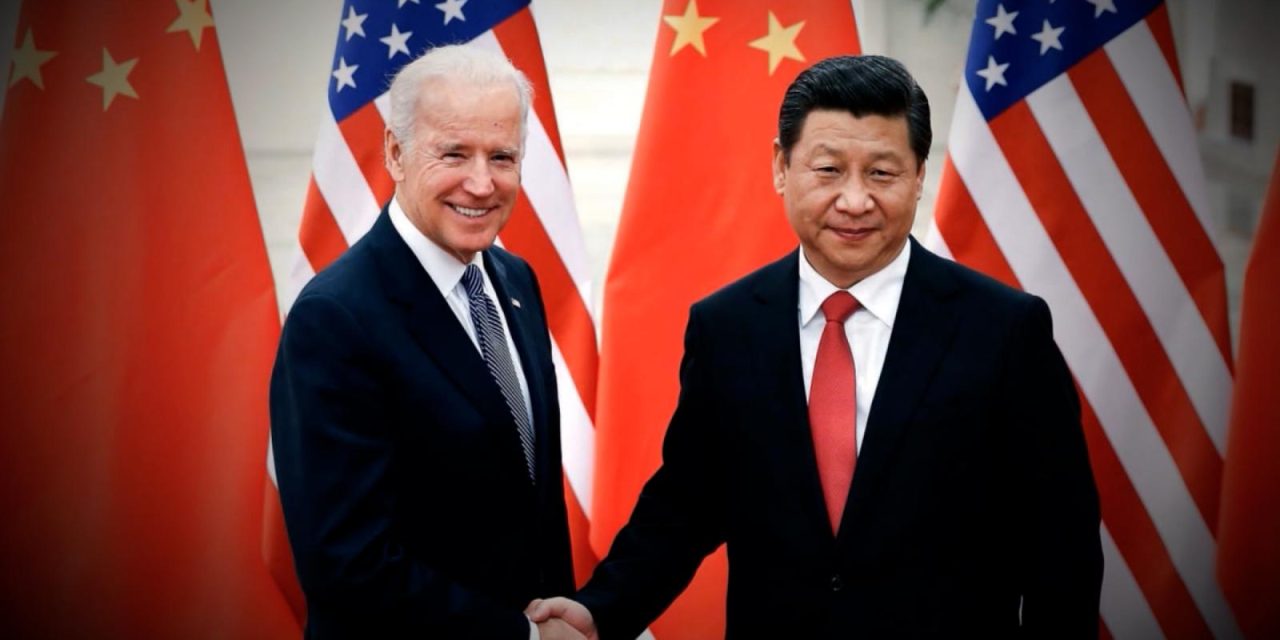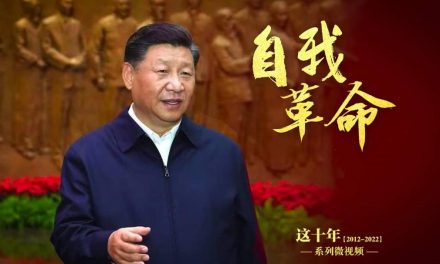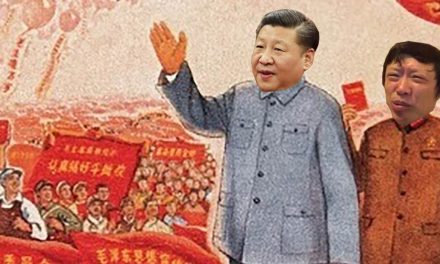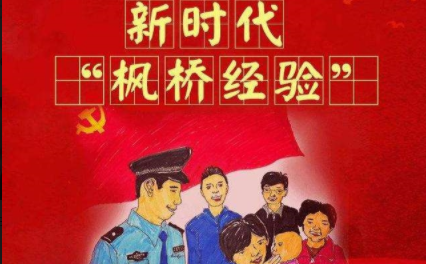By Jianli Yang and Bradley A. Thayer
Chinese leader Xi Jinping will attend the 17th Group of the 20 (G20) Summit in Bali from 14-17 November before travelling to Bangkok for the 29th APEC (Asia-Pacific Economic Cooperation) Forum and an extended visit to Thailand. At the G20, Xi will meet with President Biden. At this point, it is propitious to consider the likely contours of the meeting. After the Chinese Communist Party’s 20th National Congress at which Xi cemented his unprecedented third term and further solidified his power to a degree that there are no conceivable obstacles in the way of his policies, for Xi, economic issues are the most immediate to be addressed. Accordingly, it is unwise for Xi not to improve trade relations with the West. After all, China’s economy is unsettled and in a period of relative decline. We do not know precisely what Xi is going to do or say in the upcoming G20 Summit in order to achieve that goal, but there is greater precision regarding the principles Biden must hold in their talks.
First, regarding Taiwan, Biden has vowed several times in the past to employ U.S. military force to defend the island from a Chinese invasion. Biden should not back away from these statements, which are necessary to make the principles of the U.S. less ambiguous as a part of overall strategy to deter China from attack Taiwan by force.
Second, Biden should raise human rights concerns, and he must remain steadfast in doing so. Human rights in China should not be allowed to be held hostage to the issues for which it is in the interest of the U.S. to cooperate with China.
Third, Biden should continue to raise what the U.S. views as China’s harmful economic practices.
Fourth, on the Russo-Ukrainian war, it will be a notable failure for Biden if the administration cannot make Xi publicly commit not supporting the employment of nuclear weapons, as German Chancellor Scholz achieved in Beijing. Biden should not invite Xi to have any role in the mediation of the war because China is poised to bail out the Putin regime.
Fifth, Biden has repeatedly pledged to defend democracy and vowed that the U.S. intends to “compete vigorously” with China. In this vein, Secretary of State Antony Blinken remarked that the United States’ relationship with China “will be competitive when it should be, collaborative when it can be, and adversarial when it must be.”
Of course, this is easier said than done. Dealing with China is becoming increasingly difficult even on issues that unequivocally fall in the area of cooperation. It is indisputable, for example, that the world’s two major powers should collaborate on containing the COVID-19 pandemic and determining the origins of SARS-CoV-2. But since day one, China has refused to cooperate and even erected all kinds of barriers to international investigative efforts into the novel coronavirus’s origins, despite repeated requests and pressure from the United States and the rest of the international community. Instead, Beijing has responded with the verbal aggression characteristic of its “wolf warrior diplomacy.” So-called “wolf warrior diplomacy” is the final nail in the coffin of the dominant view held by Western elites that China will reform and become more democratic as it became richer. This view was crystalized in September 2005, when politicians, economists and other international observers were attempting to understand the consequences of China’s growing power, then-Deputy Secretary of State Robert Zoellick put forth a theory of China as a “responsible stakeholder” in the liberal international order. Seventeen years later, China has yet to become a responsible stakeholder. Instead, it has become the wolf endangering the economic and political order Zoellick and so many others sought and still seek to maintain.
Responding to the China threat, a total decoupling with China—namely, to shut down all “areas of cooperation” altogether—is not possible at present and will not be advanced by the Biden administration. Even during the past two years of heightened tensions between the U.S. and China, the trade volume between the two hostile nations has remained relatively stable, and has even shown signs of growth. Responding to the question of whether the Trump administration was seeking to “decouple” from China, then Vice President Mike Pence stated bluntly in his Oct. 24, 2019, address at the Woodrow Wilson International Center for Scholars, “The answer is a resounding ‘no.’”
While some cooperation with China will occur, cooperation of any degree always remains risky as the CCP can use it as leverage against the U.S. or as a way to fend off international criticism of its deplorable human rights record. Whether the issue is climate change, the COVID-19 pandemic, fentanyl and the opioid crisis, anti-terrorism, intellectual property protection, or North Korean tensions, the result could be the same. Even the overtures of the United States for “cooperation on the rule of law” became an excuse for China to further clamp down on dissidents. Therefore, the Biden administration would be wise to observe the following five caveats to provide realistic parameters for the G20 meeting. First, the U.S. must insist on compartmentalization of issues in contrast to China’s demand that it be tout court. Second, it must abandon any belief that it can change the CCP’s behavior through cooperation alone. Third, the Biden administration must use dialogue and cooperation as necessary, but not pursue them as ends in themselves. Fourth, there will have to be a robust enforcement mechanism for any potential agreements that the U.S. makes with China. Finally, the Biden administration must not permit itself to be held hostage for concessions on other core issues, such as advancing human rights within China, including laboring to protect Muslims in Xinjiang.





















